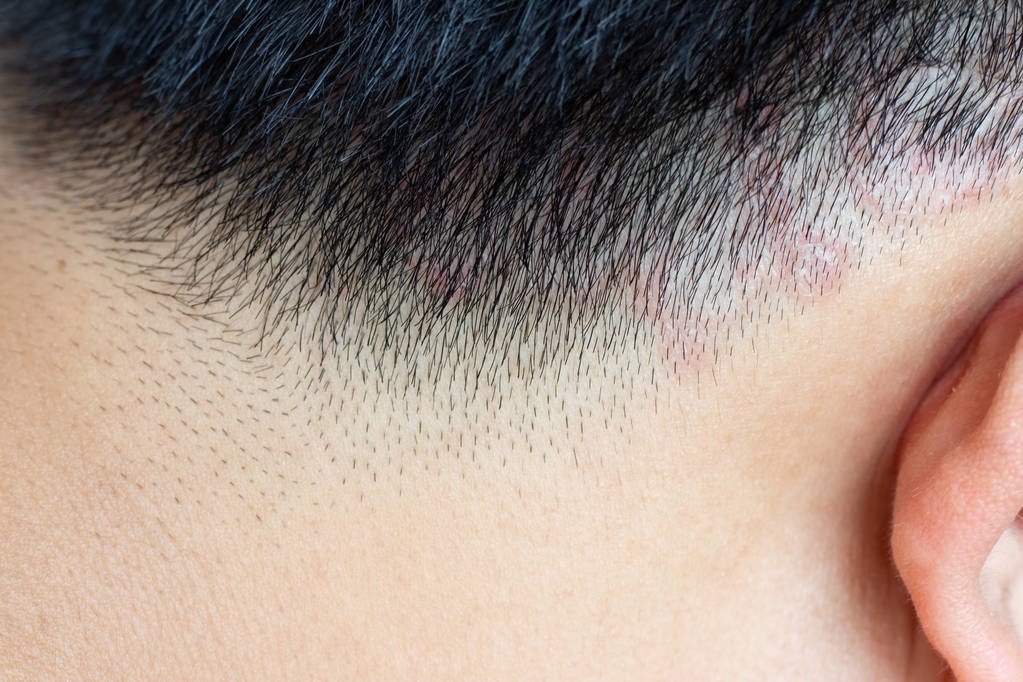April 23, 2024

In the realm of dermatology, one size does not fit all. Skin diseases manifest in diverse ways, influenced by genetic predispositions, environmental factors, and individual patient characteristics. Recognizing this complexity, the integration of Artificial Intelligence (AI) technology is revolutionizing dermatological treatment by enabling personalized, precision therapies. In this article, we explore how AI-driven skin disease diagnosis is reshaping treatment paradigms, offering tailored interventions that optimize patient outcomes.
Understanding Personalized Treatment:
Personalized treatment, also known as precision medicine, emphasizes the customization of healthcare interventions to match the unique characteristics of each patient. In dermatology, personalized treatment involves tailoring therapies based on factors such as disease severity, subtype, patient demographics, and treatment response.

AI's Role in Personalization:
AI algorithms excel in analyzing vast datasets, identifying patterns, and deriving insights that guide personalized treatment strategies. Here's how AI enhances personalized treatment in dermatology:
1. Data-driven Decision-making: AI algorithms analyze patient data, including clinical history, genetic profiles, imaging, and treatment outcomes, to generate personalized treatment recommendations. By considering a multitude of factors, AI facilitates data-driven decision-making, ensuring treatment plans align with individual patient needs.
2. Treatment Prediction: AI models predict treatment responses based on patient characteristics and disease profiles. By leveraging machine learning techniques, AI algorithms forecast the effectiveness of various therapies, enabling clinicians to select the most suitable treatment option for each patient.
3. Optimization of Medication Dosage: AI algorithms optimize medication dosage based on patient-specific factors such as age, weight, renal function, and genetic variability. By tailoring dosages to individual pharmacokinetic parameters, AI minimizes the risk of adverse effects while maximizing therapeutic efficacy.
4. Adaptive Treatment Strategies: AI continuously learns from real-world treatment data, adapting treatment strategies in response to evolving patient needs and disease dynamics. By incorporating feedback loops, AI-driven systems refine treatment algorithms over time, ensuring continuous optimization of therapeutic interventions.

Clinical Applications of AI in Personalized Dermatological Treatment:
AI-powered personalized treatment strategies are applied across various dermatological conditions, including:
- Psoriasis: AI algorithms analyze clinical and genetic data to predict treatment responses to biologic agents, enabling tailored therapy selection and dose optimization.
- Acne: AI-driven analysis of patient skin types, hormonal profiles, and microbiome data informs personalized acne treatment regimens, incorporating topical medications, oral therapies, and lifestyle modifications.
- Skin Cancer: AI algorithms assess histopathological features of skin lesions to predict malignancy risk and guide personalized treatment decisions, including surgical excision, radiation therapy, or targeted immunotherapy.
Looking Ahead:
As AI technology continues to evolve, the scope and efficacy of personalized dermatological treatment will further expand. Advanced AI-driven algorithms, coupled with multimodal data integration, hold the potential to revolutionize treatment outcomes and patient experiences in dermatology.
In conclusion, AI-driven personalized treatment heralds a new era of precision medicine in dermatology, where therapies are tailored to individual patient needs, preferences, and characteristics. By harnessing the power of AI to analyze vast datasets and derive actionable insights, we can optimize treatment efficacy, minimize adverse effects, and improve patient outcomes in the management of skin diseases.
Related blog posts

Dermatology
The Growing Role of AI in Healthcare
Artificial Intelligence (AI) has become an integral part of modern life, with its influence growing rapidly, especially in healthcare.

Dermatology
Understanding Psoriasis: Causes, Symptoms, and Treatment Options
Psoriasis is a chronic autoimmune skin condition that affects millions of people worldwide.

Dermatology
What is scalp ringworm?
Scalp ringworm is a fairly common skin condition. Let’s learn about scalp ringworm and how to treat it.